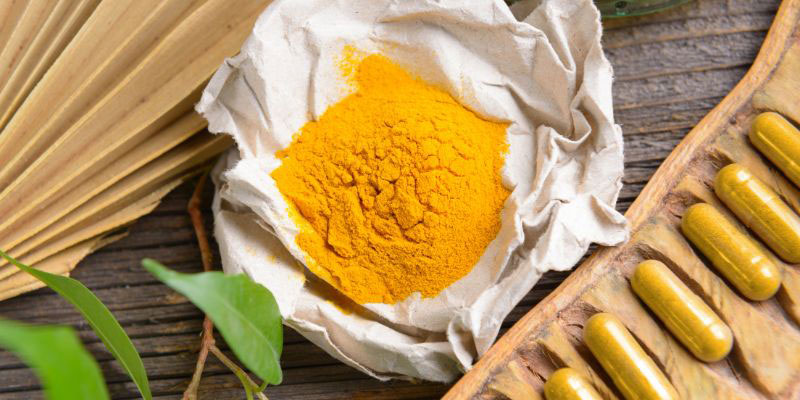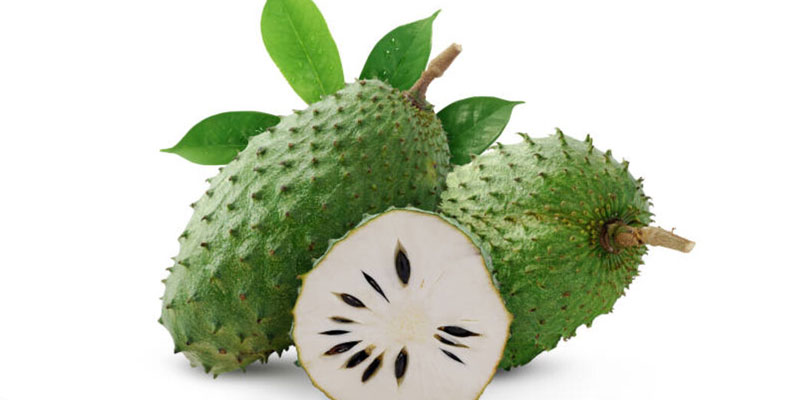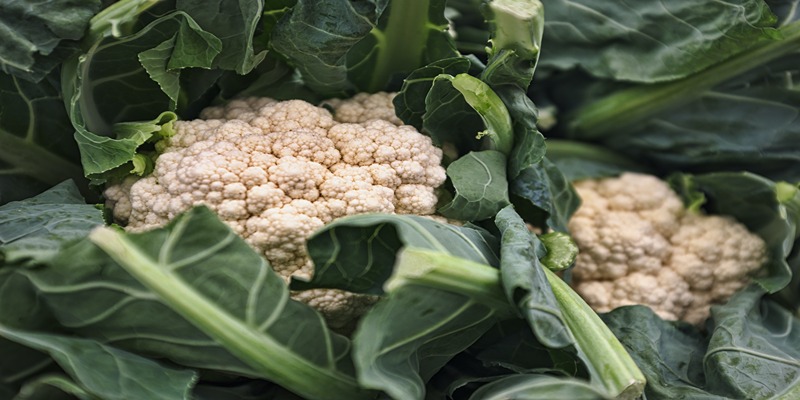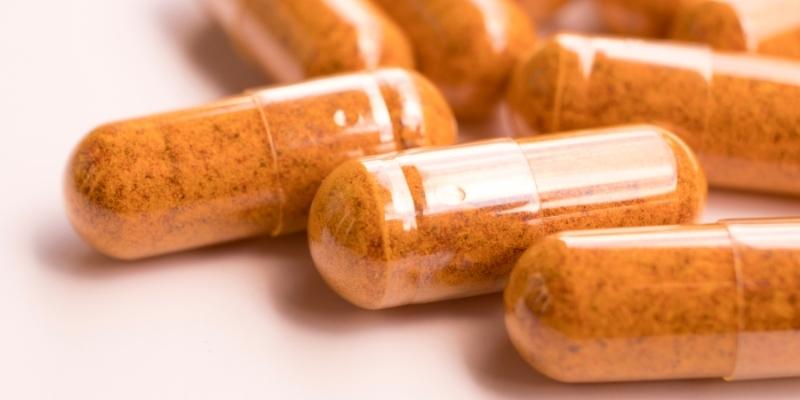Many civilizations hold Holy Basil, or Tulsi, in high regard. Both its spiritual importance and its many health advantages contribute to this herb's high regard. In India, where it is cultivated for both religious and therapeutic purposes, it is a frequent sight in many homes. This article will go into many facets of Holy Basil. Among them are the many ways it may improve one's health, the many ways it can be used in traditional medicine and the kitchen, and the crucial things to keep in mind while utilizing it. Come explore the realm of Holy Basil with us as we learn about its importance and the ways it may improve our lives.

Holy Basil Benefits
Therapeutic Properties of Holy Basil
A lot of people swear by the healing powers of holy basil. There are several beneficial chemicals in it, including essential oils, seeds, and leaves. Among them are substances with anti-inflammatory properties and antioxidants, which shield cells from free radical damage. Incorporating Holy Basil into your daily routine may assist with stress management, immune system enhancement, and blood sugar regulation. Additionally, it is beneficial against a variety of illnesses due to its antibacterial qualities. Because of its anti-asthmatic characteristics, Holy Basil may be used as a natural treatment for those with respiratory problems like asthma or bronchitis.
Impact on Mental Well-being
Holy basil not only improves physical health, but it also has a major impact on mental health. It fosters mental equilibrium and aids the body in adapting to stress, two of its well-known adaptogenic characteristics. Mood, clarity of thought, and anxiety levels may all improve after consuming holy basil. In today's hectic society, when mental exhaustion and stress are prevalent, this is very helpful. People looking for natural remedies for stress and anxiety often turn to this plant because of its calming effects on the neurological system. Those who make Holy Basil a regular part of their lives report an uptick in emotional and mental well-being.
Holy Basil Uses
Culinary Delights with Holy Basil
The distinctive taste of holy basil gives it a unique position in the world of culinary arts. A useful component in numerous cuisines, it has a mildly spicy, peppery flavor with hints of mint and clove. Holy basil imparts a unique scent and taste to stir-fries and curries, making it an essential component in most Asian meals, particularly Thai cuisine. Its calming and invigorating properties make it a popular ingredient in herbal drinks.

Recipes and Cooking Tips
Holy basil, to keep its essence and taste, is best cooked at the very end of the cooking process. Holy Basil stir-fry with veggies and protein of your choice is an easy and tasty meal. Toss in a variety of vibrant veggies after sautéing garlic and onions. Next, add your protein of choice, whether it is shrimp, chicken, tofu, or any combination thereof. Lastly, for an authentic touch, add a liberal number of fresh Holy Basil leaves and a dash of soy sauce or fish sauce. Keep in mind that Holy Basil tastes best when added just before serving.
Therapeutic Applications in Traditional Medicine
The use of holy basil has deep roots in ancient medical systems, most notably Ayurveda and Siddha. From the common cold to diabetes and heart disease, it has been used for ages to cure a range of maladies.
Many traditional healers consider Holy Basil, a tonic for the whole person. Its use in alleviating fever, easing digestion, and addressing respiratory problems is attested to in historical writings and case studies. Holy Basil is a Rasayana herb, meaning it rejuvenates the body, increases lifespan, and promotes general well-being in Ayurveda. An adaptogen, a naturally occurring chemical that normalizes physiological processes and aids the body in adapting to stress, was another application in ancient medicine.
Holy Basil Precautions
Understanding Potential Side Effects
Despite Holy Basil's widespread renown for medicinal uses, its possible negative effects must be carefully considered. Holy Basil may be allergenic to certain people, particularly those who have a history of severe responses to plants of the Lamiaceae family. A skin rash or irritation might be one of the symptoms. The anticoagulant effects of Holy Basil make it a potentially dangerous herb for anyone using blood-thinning drugs, who should exercise caution while consuming the herb. There is minimal data on the effects of Holy Basil during pregnancy and lactation; thus, it is suggested that pregnant and nursing women see a healthcare practitioner before taking it.
Guidelines for Safe Consumption
There are a few simple rules to follow if you want to use Holy Basil in your regimen without risk. First, remember that although it has benefits, too much of a good thing may be bad for you. So, moderation is crucial. Always test the waters with a little and see how your body responds. Second, holy basil may interfere with certain drugs and reduce their effectiveness, so it is important to talk to your doctor before adding it to your regimen if you are already on medication, especially for illnesses like diabetes or hypertension. If you are looking to utilize Holy Basil for medicinal reasons, it's best to see a certified herbalist or healthcare provider. They can advise you on the right dose and how to take it, whether that's in tea, capsules, or tincture, depending on your specific health requirements. Following these guidelines will allow you to get the advantages of Holy Basil with as little harm as possible.
Incorporating Holy Basil into Daily Life
Making a cup of herbal tea with Holy Basil is a quick and easy method to get its benefits. Drinking a cup of Holy Basil tea first thing in the morning, whether the leaves are fresh or dried, will help you relax and focus throughout the day. A wonderful option, thanks to its subtle, slightly peppery flavor and natural scent.
Holy Basil is a helpful companion while cooking. Toss in some newly picked leaves with your soup, salad, or stir-fry for an extra flavor punch. To keep their fragrant essence, put them in just before the finish of cooking.
Essential oil, capsules, and tinctures are some of the most potent forms of Holy Basil that are available. For the purpose of determining the correct dose and use, it is recommended to seek the advice of a healthcare practitioner.
Try cultivating some Holy Basil plants in your own garden if you're handy with plants. You may grow it in a garden or even just a window sill pot since it is not very difficult to nurture.
Eating mindfully is essential. Start with a little dose and see how your body reacts. Pay attention to your body's signals and gradually raise the dosage as required.
You can easily include Holy Basil into your daily routine by following these guidelines, and you may enjoy its delicious tastes while also benefiting from its health-enhancing properties.
Conclusion
Tulsi, or holy basil, is not only culturally and spiritually significant, but it also has many practical and healthful purposes. This plant has become an integral part of people's lives due to its medicinal uses and culinary allure. After going over its applications, risks, and advantages, it's clear that Holy Basil is an all-encompassing ally that helps with the mind and body. We may get the full benefits of this extraordinary herb—improved health and a stronger connection with nature's bounty—by thoughtfully integrating it into our daily lives.












